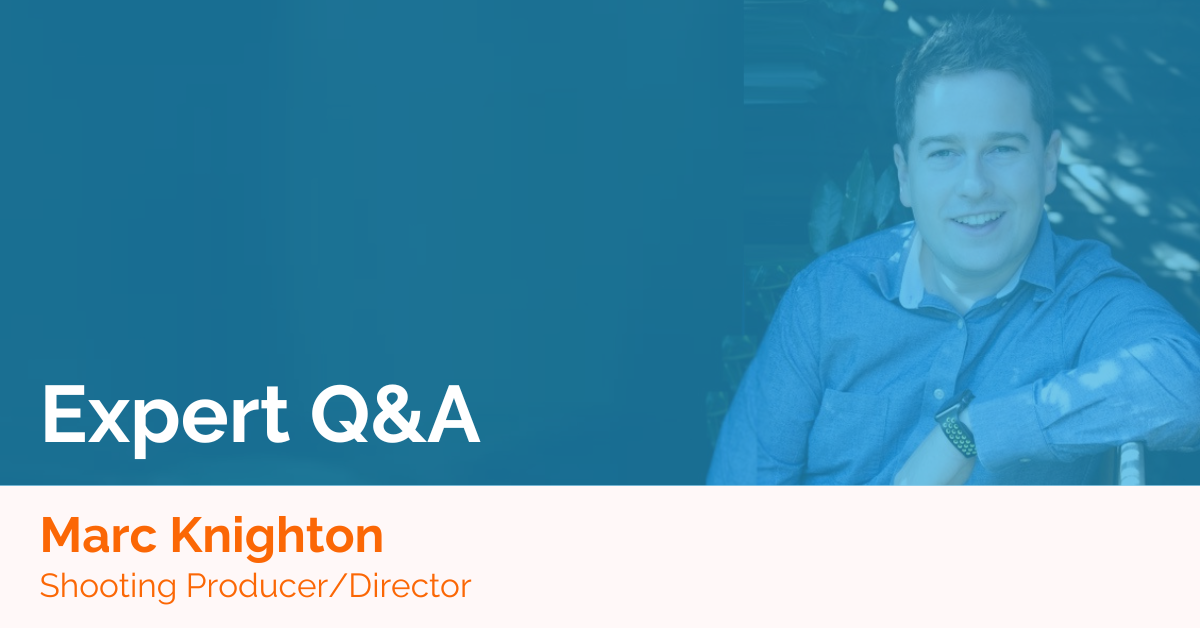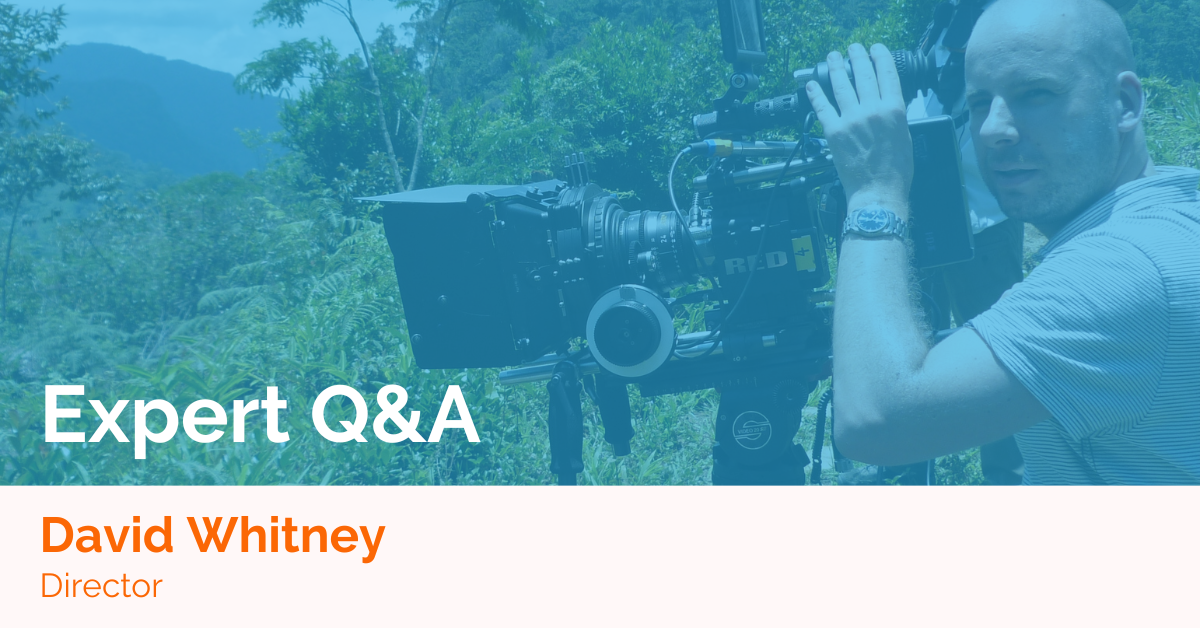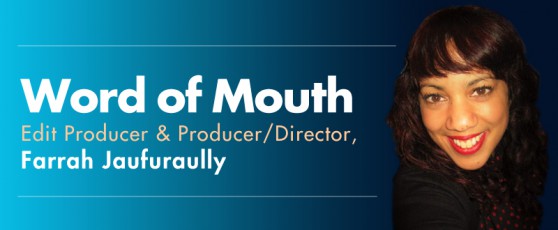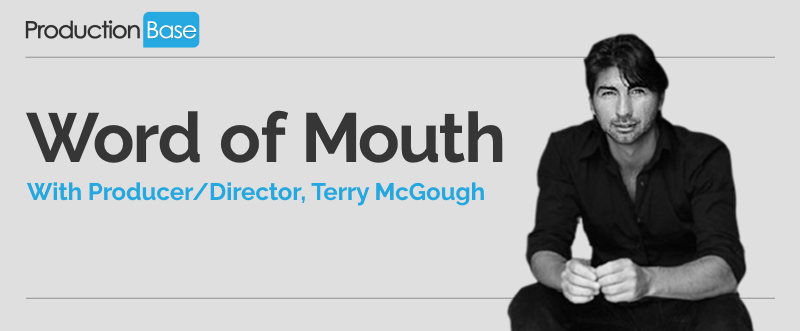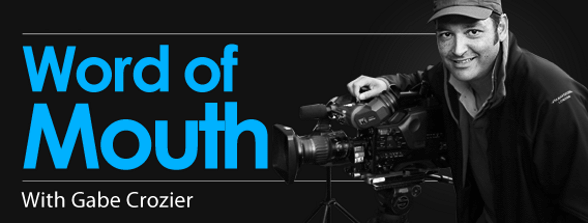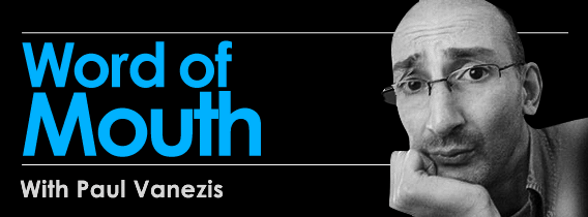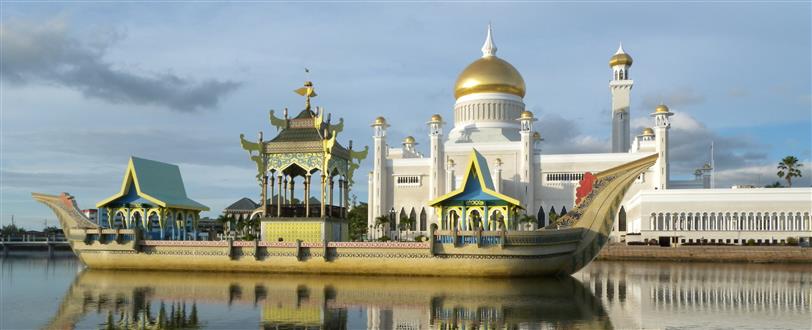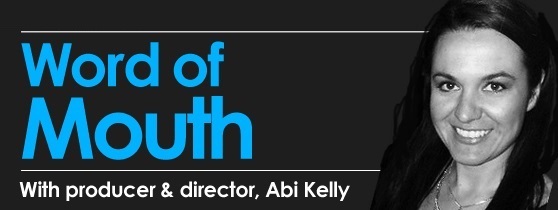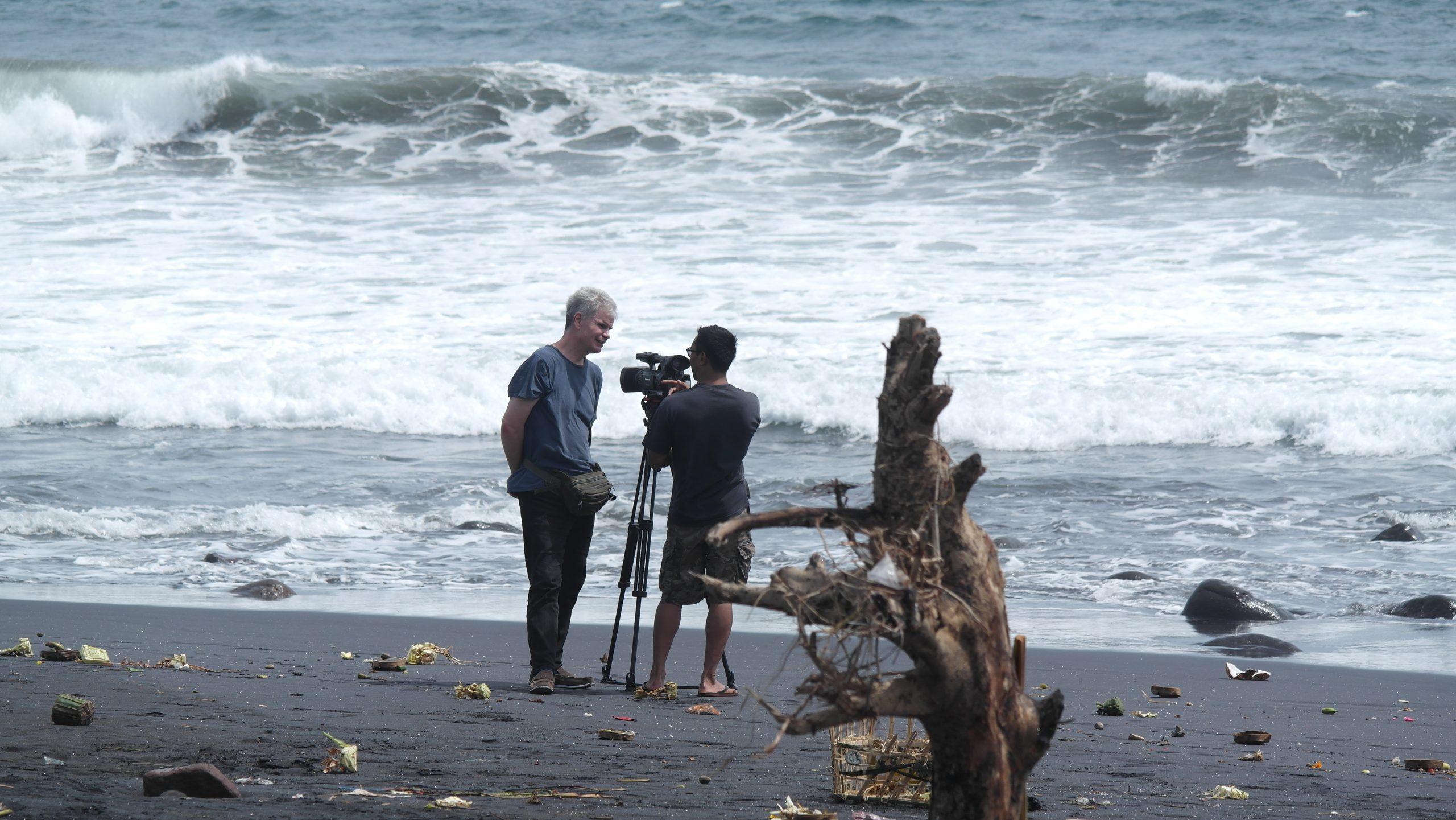
A Producer/Director’s Adventures in Asia
By Chris Hale
Some years ago, I found myself on a plane descending, through some alarming turbulence, across a seemingly endless palm oil plantation into Kuala Lumpur international airport. I was there to produce a National Geographic documentary about the coronation of the Malaysian king. Huh? Malaysia has a king? I was shockingly ignorant of Malaysian culture (Proton cars?) and history.
Since then, I have worked as a writer, producer, director, consultant and executive producer in Malaysia and Singapore and written two non-fiction books about this fascinating region. I have quite a few tales about that first expedition to Kuala Lumpur – for example, the daunting problems we had persuading the king or Yang di-Pertuan Agong to permit our cameras to go behind the scenes of his coronation and why his majesty knew nothing about our plans when I first bowed my way into his palace… And what exactly was the role of the Lord High Chamberlain?
Suffice it to say, it was an adventure. I met a number of talented producers in Malaysia and returned many times to write and/or executive produce documentaries commissioned by the History Channel. AETN has an office in Singapore. I won a writing award for a special about the ‘Malayan Emergency’ and soon afterwards, began researching a new book about this colonial rumble in the jungle.

